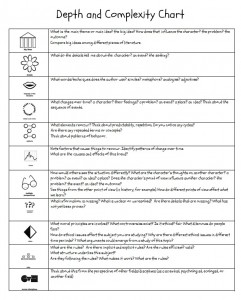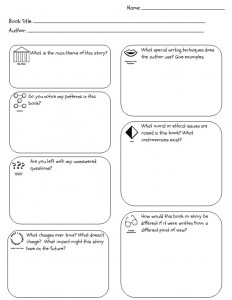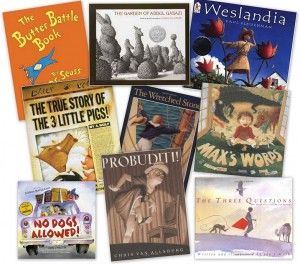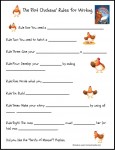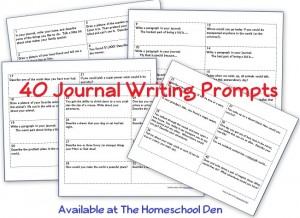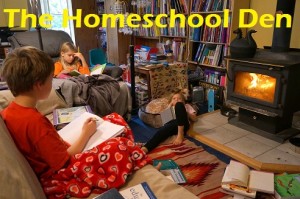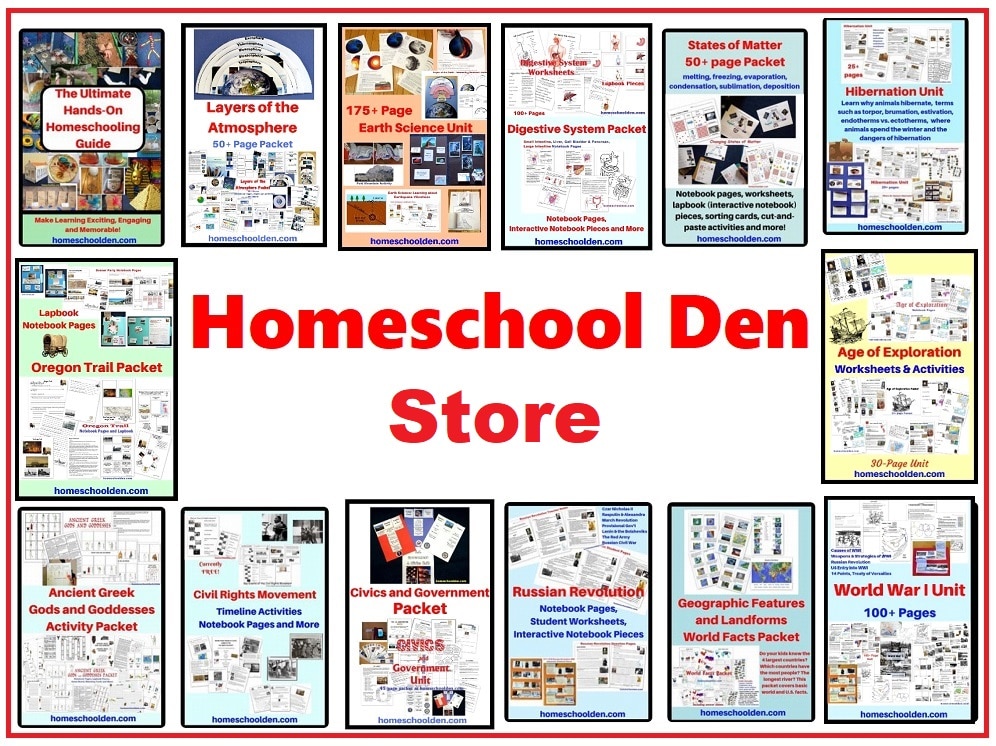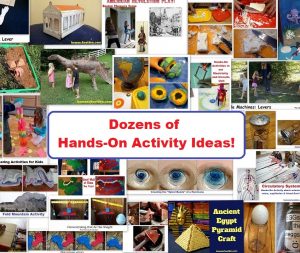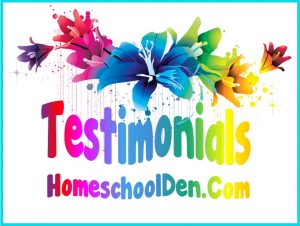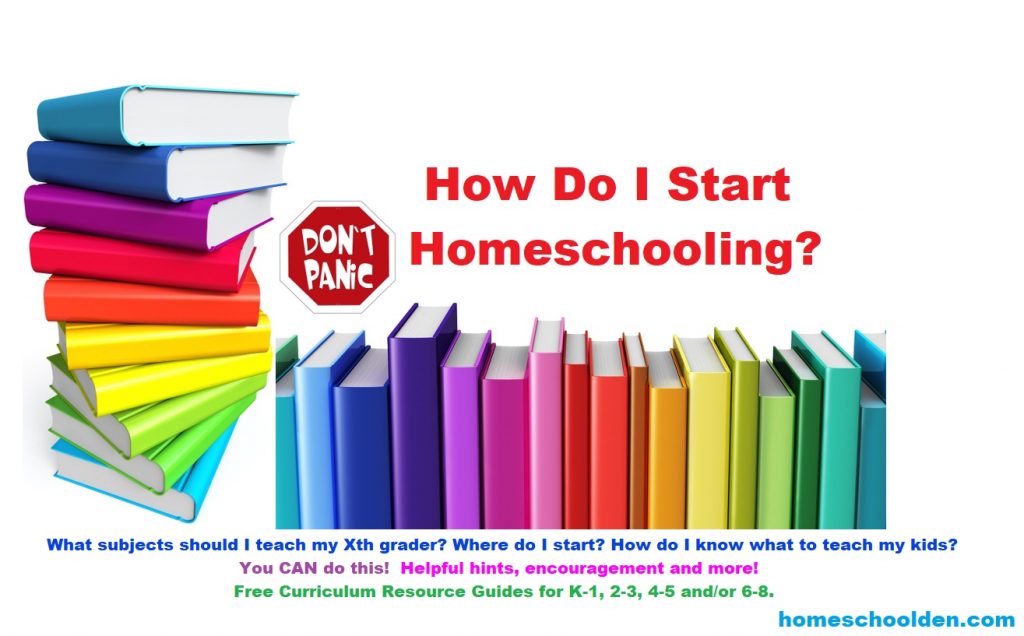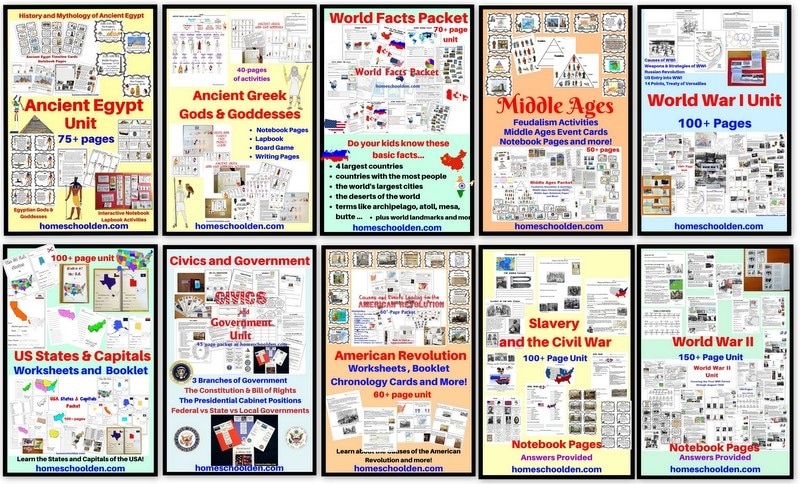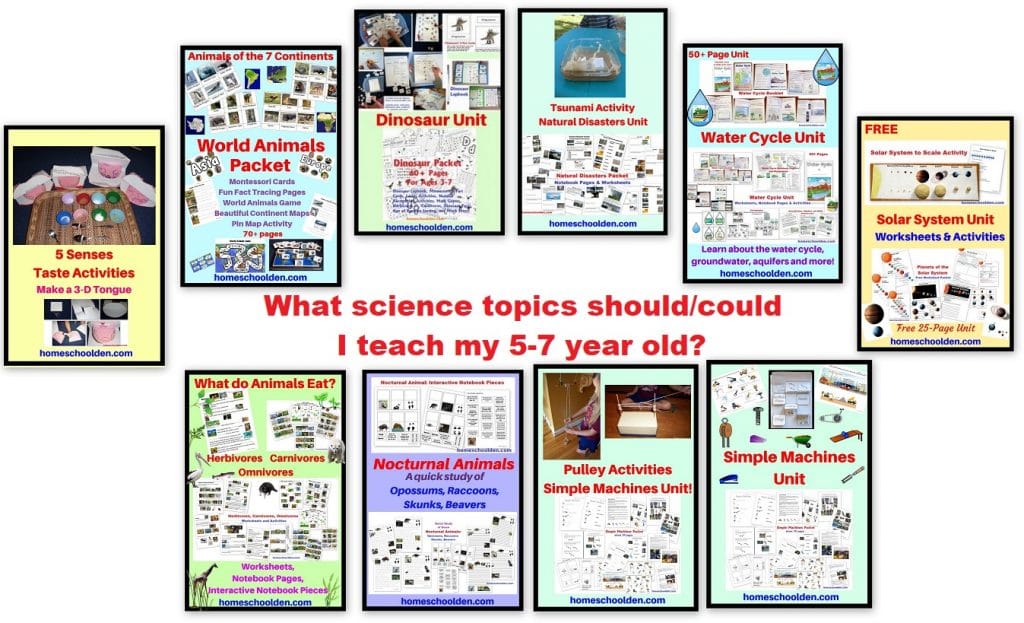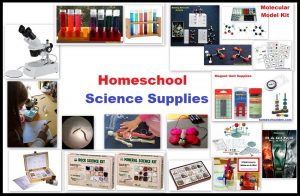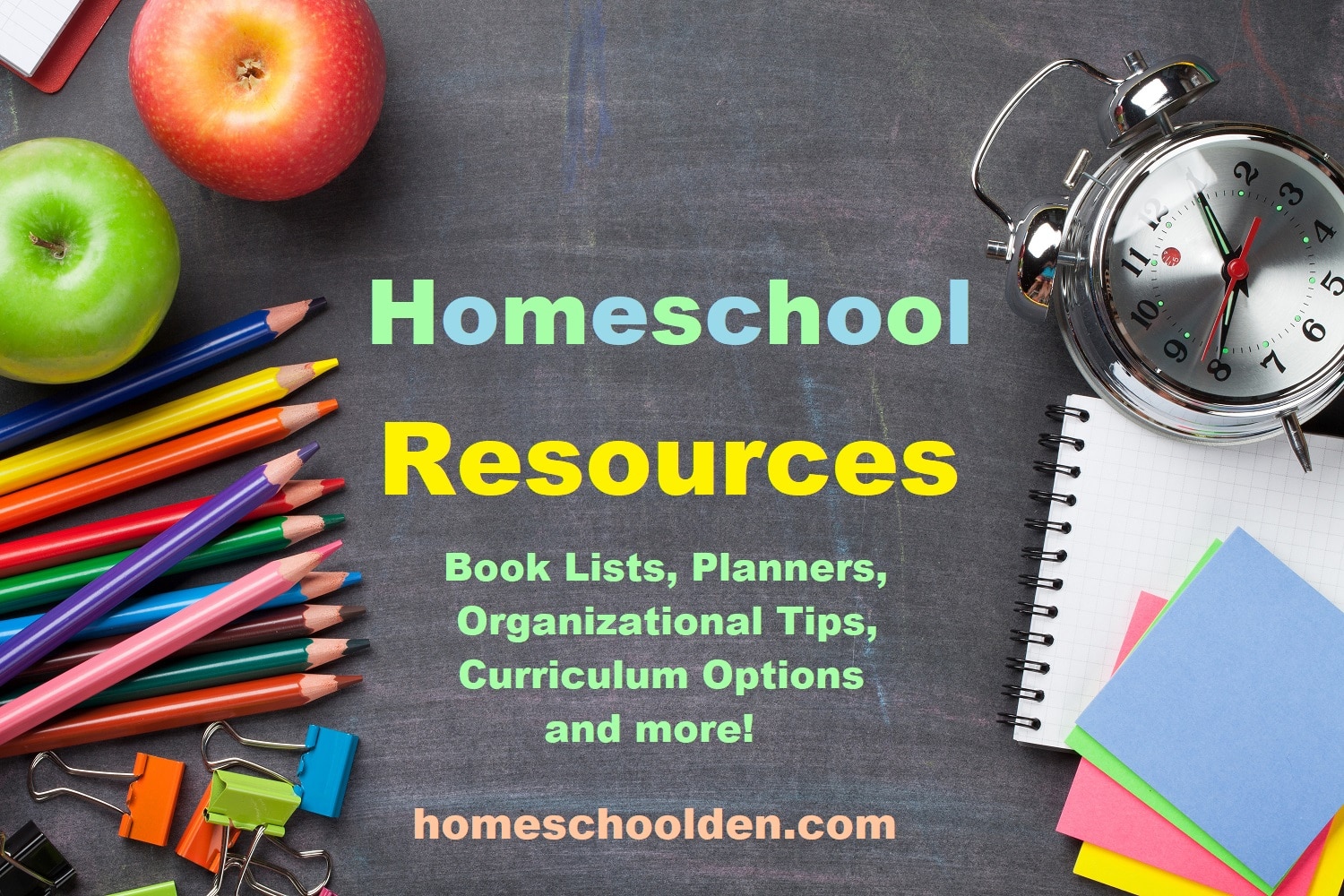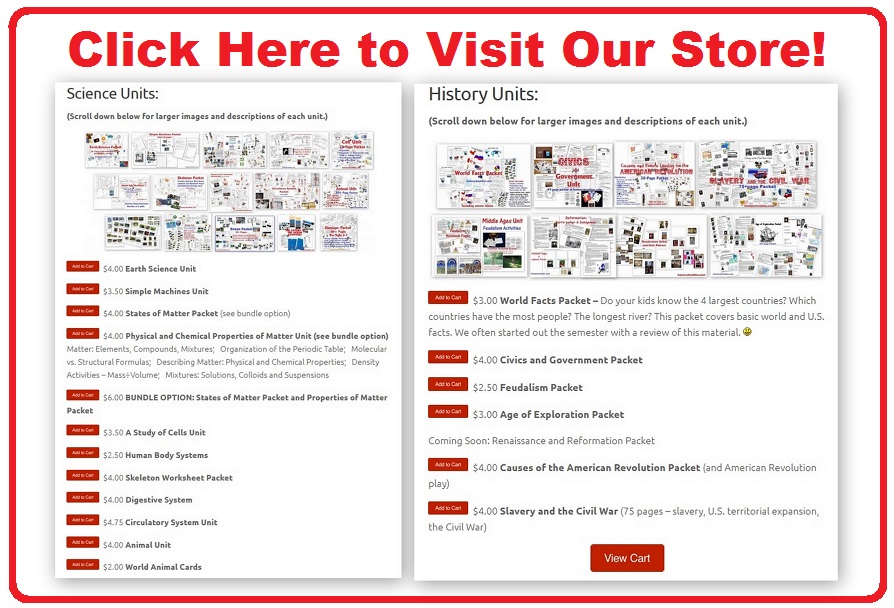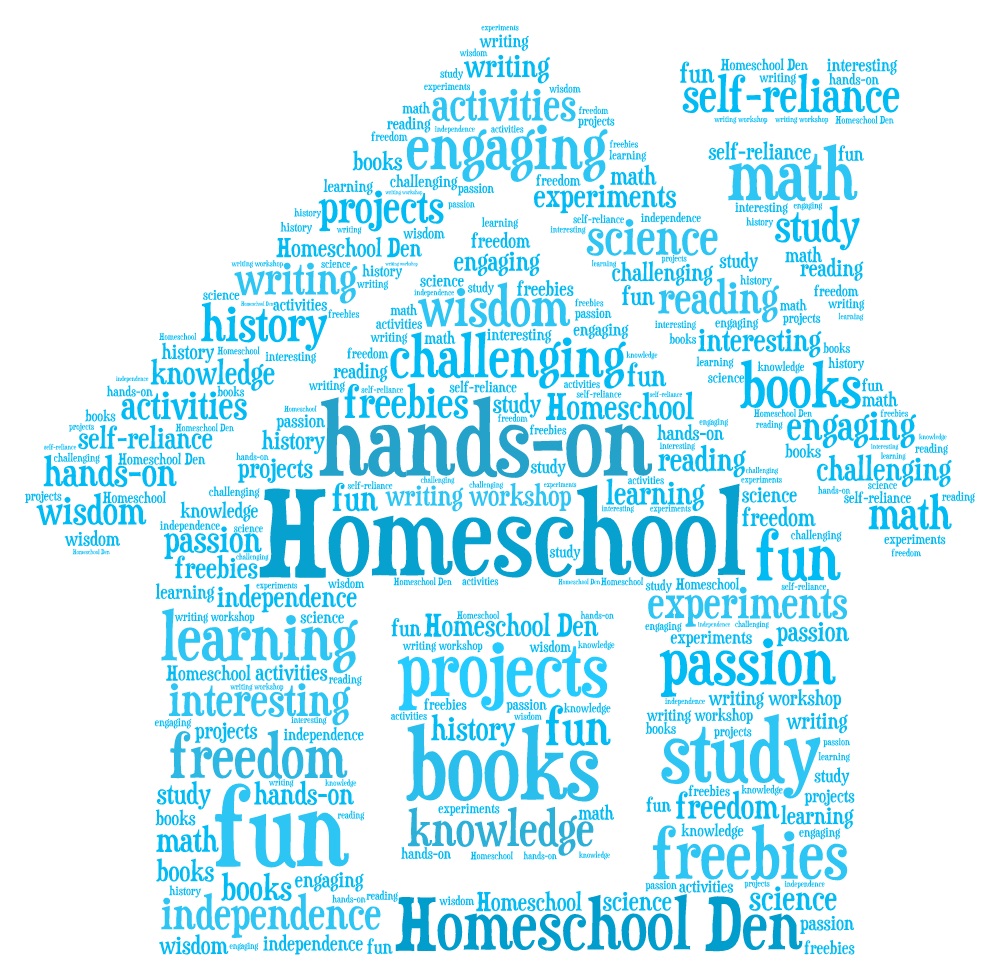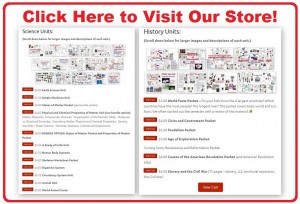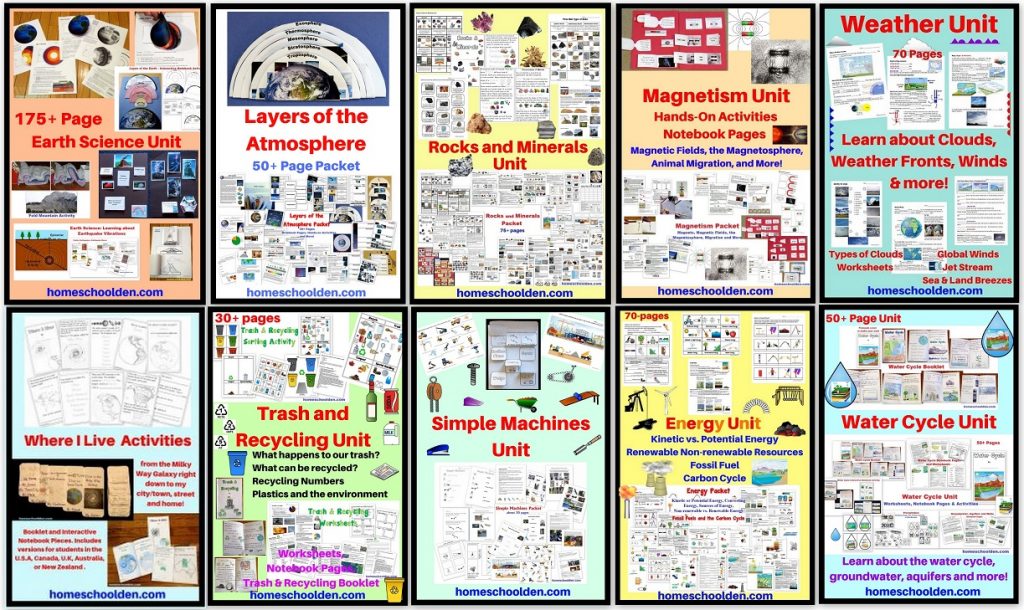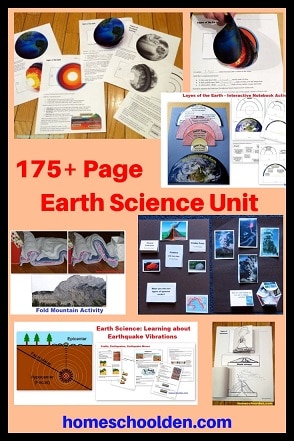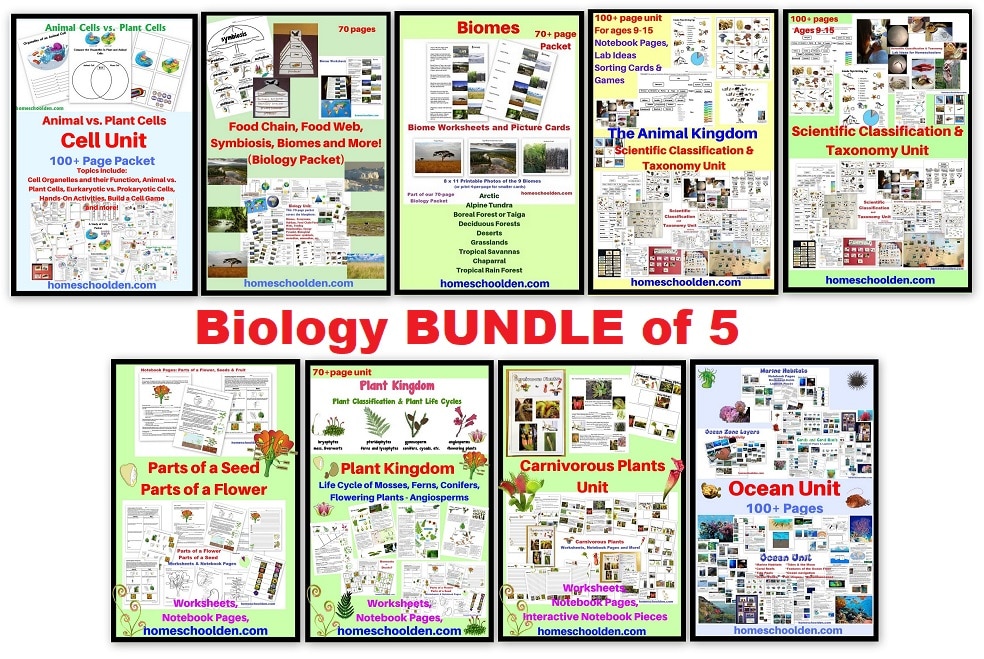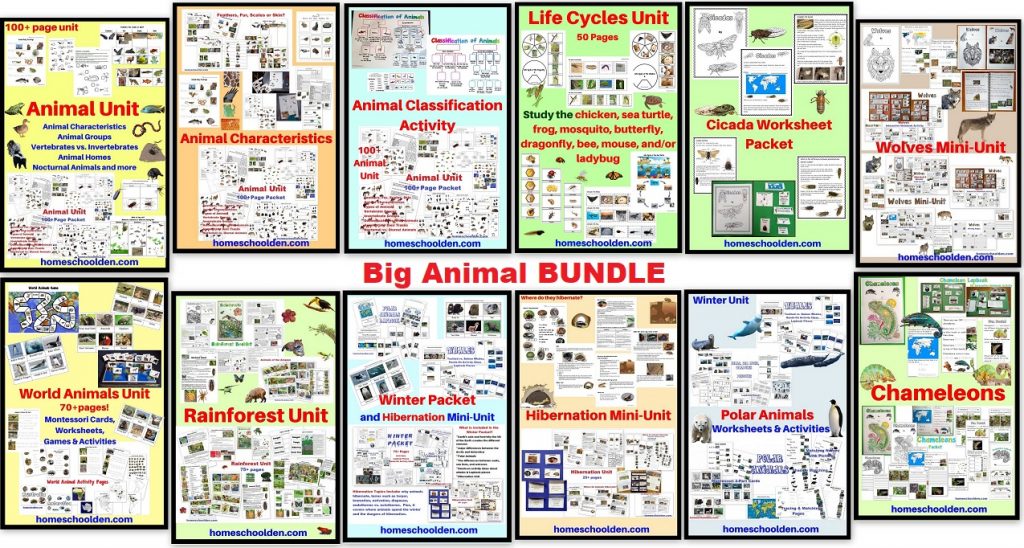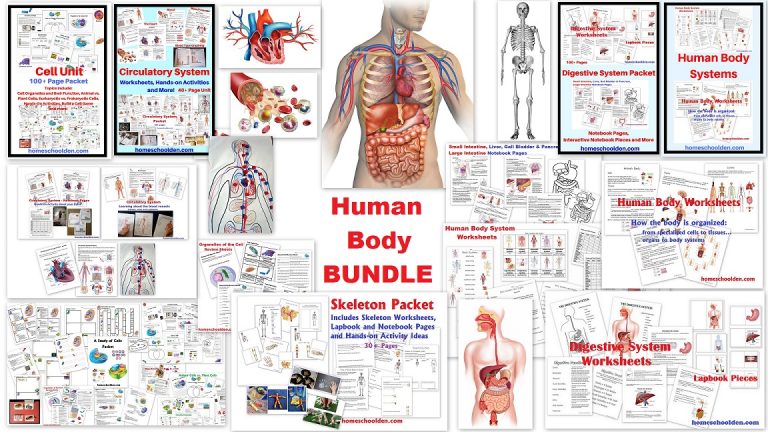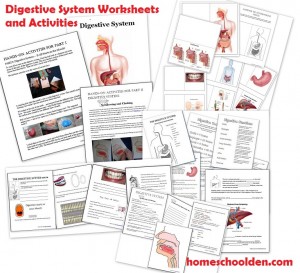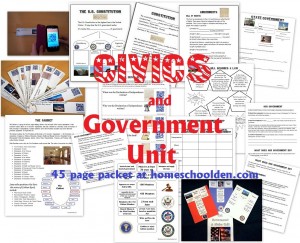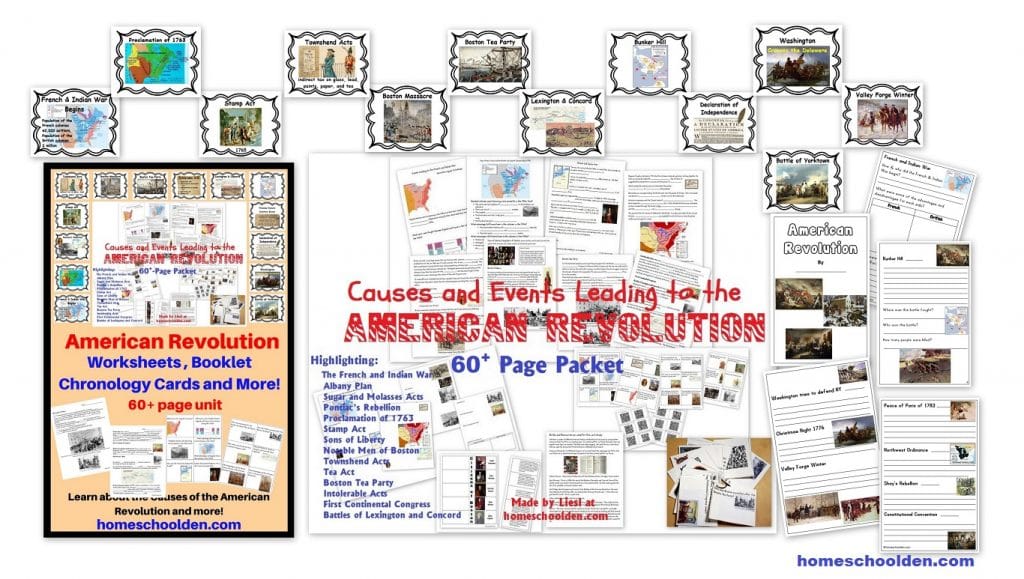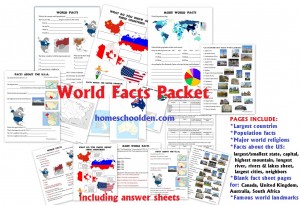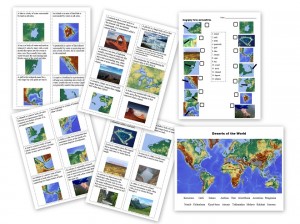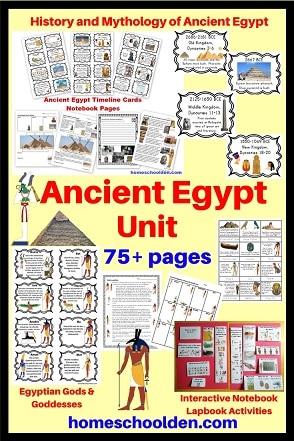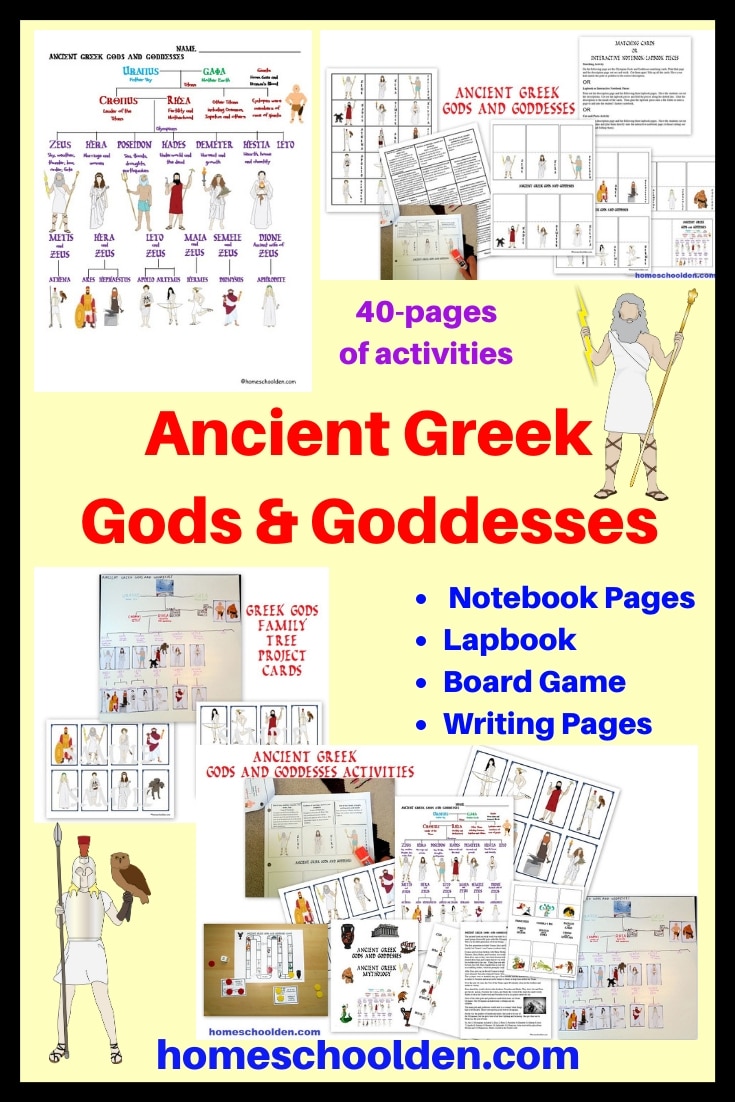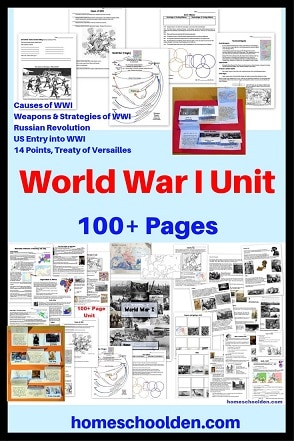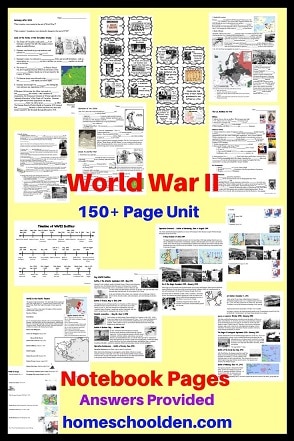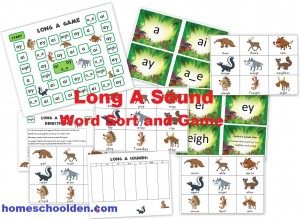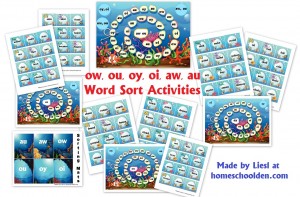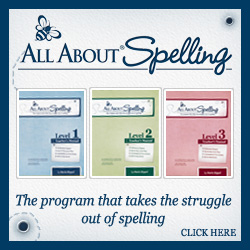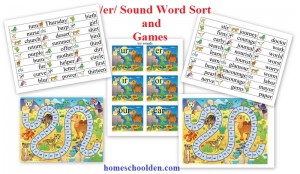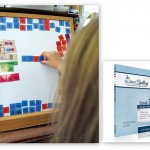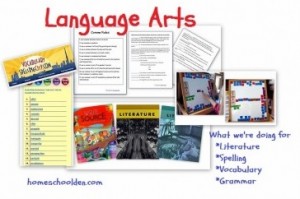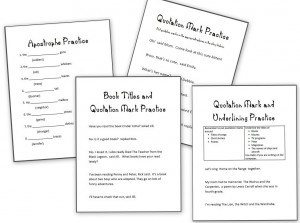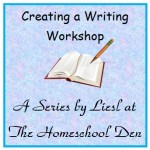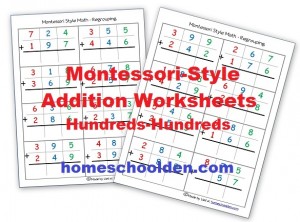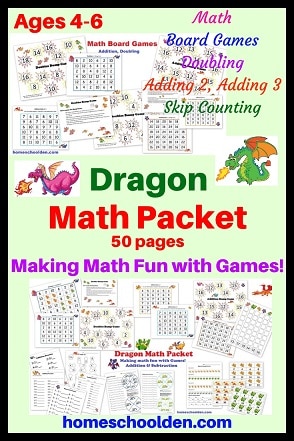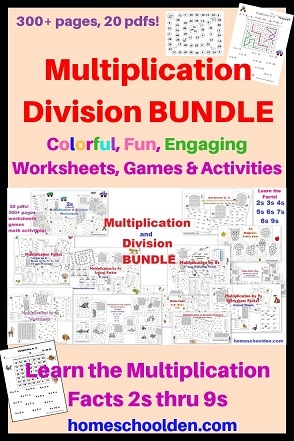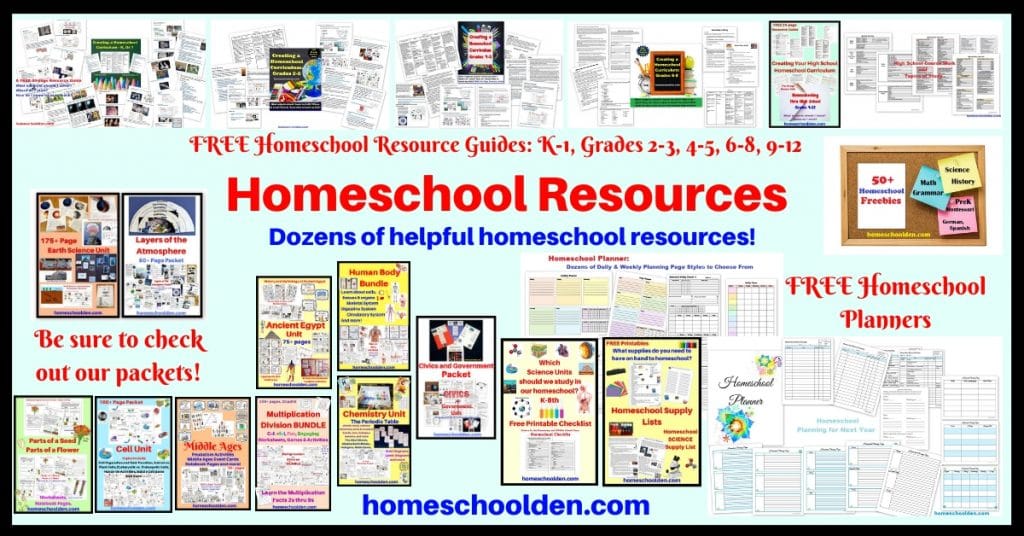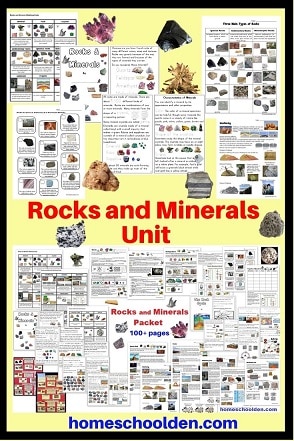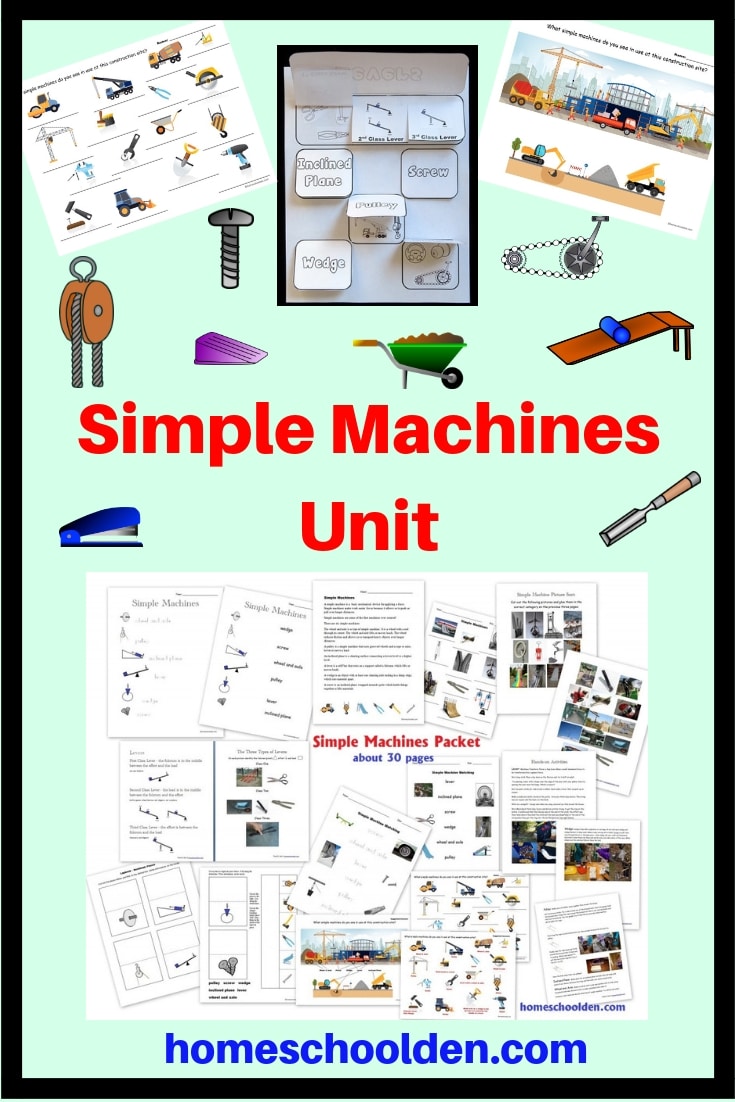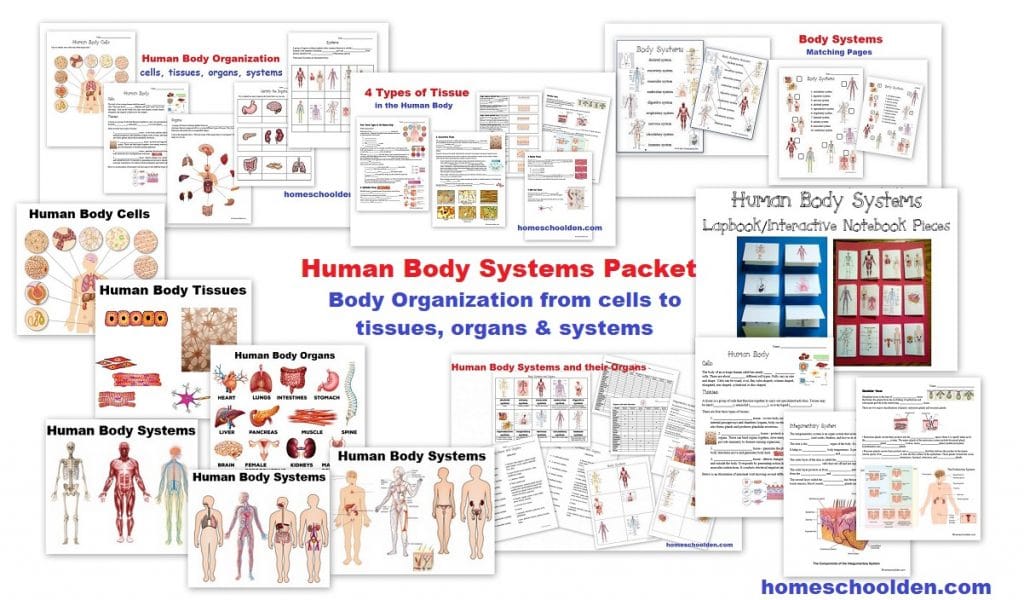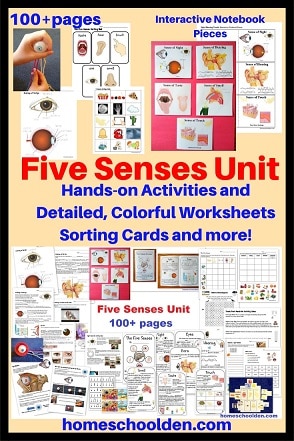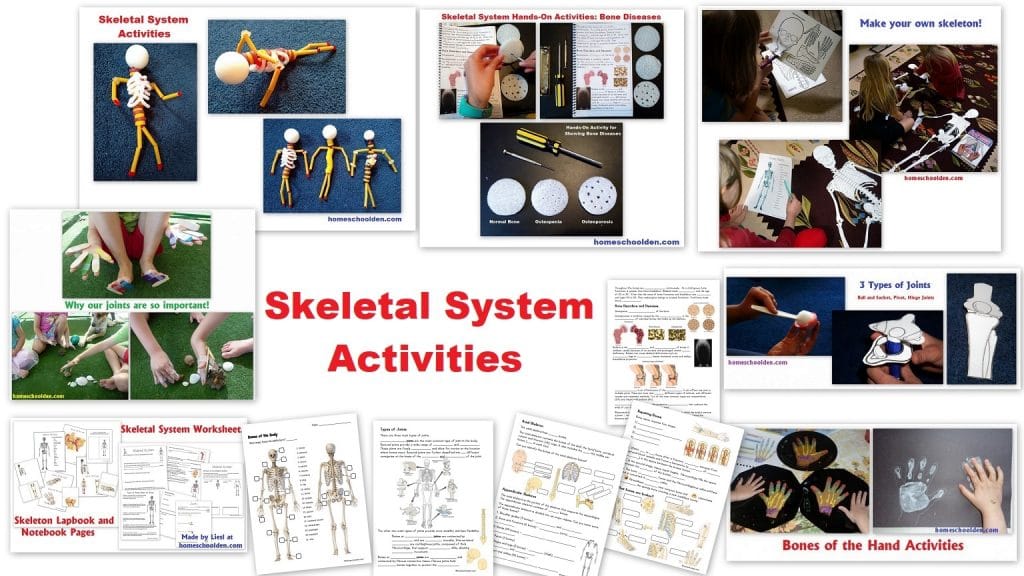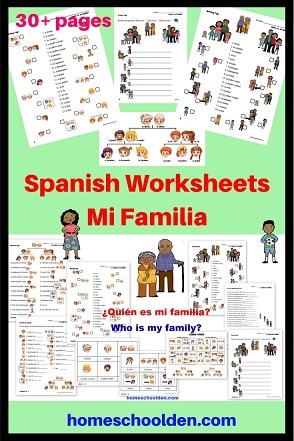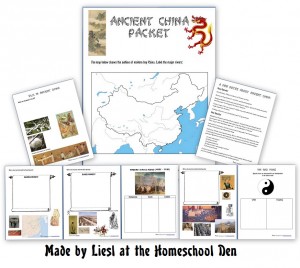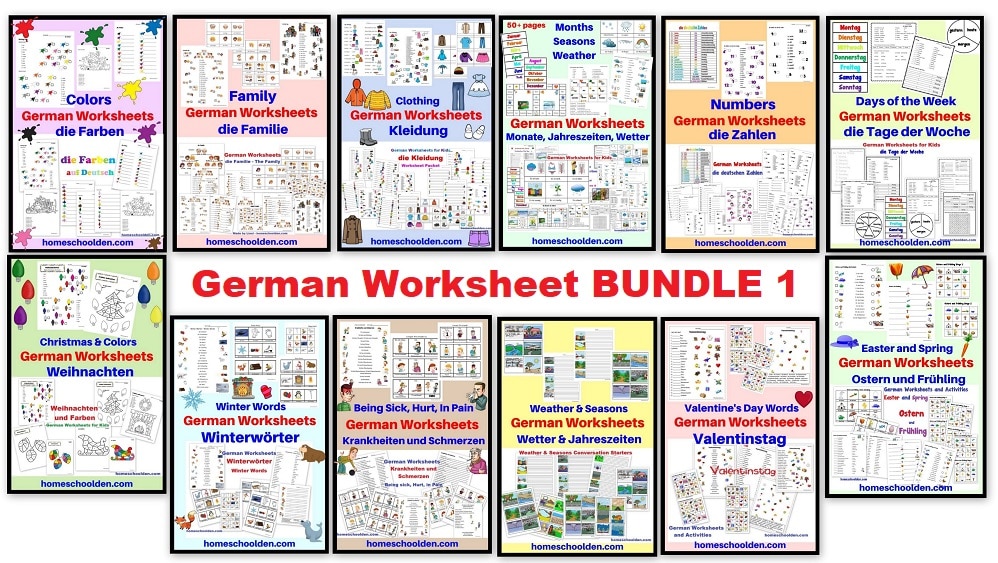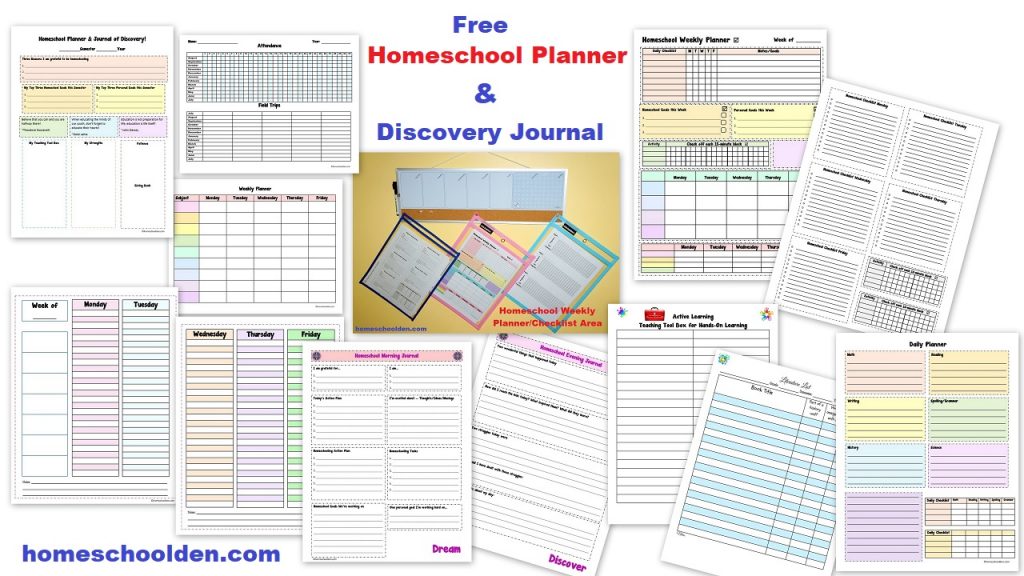Writing Workshop: Depth and Complexity Icons
How do you teach literary analysis to kids? Helping students study and analyze literature on a deeper level
In our new Writing Workshop Unit this January we are going to go look at books more analytically. Some of our mini-lessons have included story structure (building to a climax, etc); finding topics to write about; looking at the opening of books (hooking the reader); using different techniques such as similes, metaphors, onomatopoeia; Show don’t Tell; etc. But in the next few weeks, I want the kids to look at stories in more depth – not just looking at the plot, setting, character development, and things like that.
Over the break, I read some literature lesson plans that use depth and complexity icons. I was curious and dove a little deeper. These icons were developed by Sandra Kaplan as tools for understanding; they can be used with most any subject or discipline. These icons include: Big Ideas, Details, Language of the Discipline; Change over Time; Patterns; Trends; Multiple Perspective; Unanswered Questions; Rules, Ethics; and Across the Disciplines.
These concepts can help students dive into subject areas in more depth.
Each subject has its own set of vocabulary, different issues that experts face. There are different rules, and different patterns and trends that emerge over time.
For example, scientists have specialized vocabulary that they use. Similarly, archaeologists have certain words that apply to their field. And in literature, authors approach language differently too, using different techniques. Each discipline might face different ethical dilemmas or controversies. There might be certain (written or unwritten) rules depending on the field. Things may change over time.
Students can also use these icons to help them study and analyze literature on a deeper level.
- What are the big ideas/main theme of the story?
- What language techniques does the author use?
- How does the character change over time?
- What patterns or trends do you see in this story? (Such as using a familiar pattern such as, “Once upon a time…” )
- Do the characters face any moral or ethical dilemmas?
We are going to use the depth and complexity icons in our writing workshop for the next few weeks for some in-depth literary analysis. We’re going to start with some children’s literature (you’ll find those selections below) and then will focus on some of the novels the kids have read.
I put together our own Depth and Complexity Chart with some of the questions that might be raised when reading a story or novel. Plus, I also have a blank ones that the kids can fill out.
We’ll be reading through a number of children’s books as we go over these symbols the next couple of weeks. The kids will fill out a literary page like this to go along with the story:
- What is the main theme of this story?
- Do you notice any patterns in this book?
- Were you left with any unanswered questions?
- What changes over time? What doesn’t change? What impact might this story have on the future?
- What special writing techniques does the author use? Give examples.
- What moral or ethical issues are raised in this book? What controversies exist?
- How would this book or story be different if it were written from a different point of view?
Literary Devices: We’re going to go into some depth about the different literary devices authors use and will be reviewing some literary techniques they use. We’ll be reviewing all of these again (because that is one of the questions on the page above). We’ve gone over these in quite some depth in some of our other Writing Workshop Mini-Lessons:
- Elements of style:
- point of view
- first person
- second person
- third person
- dialogue
- word choice
- sentence structure
- imagery
- point of view
- Sound devices
- rhyme
- rhythm
- repetition
- alliteration
- onomatopoeia
- figurative speech
- metaphor
- simile
- personification
- literary conflict (man vs. man, man vs. self, man vs. nature, man vs. society)
- universal themes (coming of age, individual struggle towards a personal goal, a person’s struggle with humanity, falling in love, life cycles, karma, coping with tragedy, man’s struggles to understand divinity, adolescence and discovering the world around us, the epic journey, the fall from grace, crime does not pay, overcoming adversity, sacrifice brings reward, human beings all have the same needs, and the revenge story)
Here are some of the Children’s Literature we plan to use for this part of our Writing Workshop. These are affiliate links:
- The Butter Battle Book: Engaged in a long-running battle, the Yooks and the Zooks develop more and more sophisticated weaponry as they attempt to outdo each other.
- The Wretched Stone A strange glowing stone picked up on a sea voyage captivates a ship’s crew and has a terrible transforming effect on them.
- Weslandia: Wesley’s garden produces a crop of huge, strange plants which provide him with clothing, shelter, food, and drink, thus helping him create his own civilization and changing his life.
- The True Story of the Three Little Pigs: The wolf gives his own outlandish version of what really happened when he tangled with the three little pigs.
- The Three Questions: Nikolai asks his animal friends to help him answer three important questions: “When is the best time to do things?” “Who is the most important?” and “What is the right thing to do?”
- Probuditi!: On his birthday, Calvin and his friend Rodney see a magician perform, then copy him by hypnotizing Calvin’s little sister, but the joke is on them when they are unable to snap her out of it.
- The Garden of Abdul Gasazi: When the dog he is caring for runs away from Alan into the forbidden garden of a retired dog-hating magician, a spell seems to be cast over the contrary dog.
- Max’s Words: When Max cuts out words from magazines and newspapers, collecting them the way his brothers collect stamps and coins, they all learn about words, sentences, and storytelling.
- No Dogs Allowed! When Iris, her family, and the neighbors take a trip to Enchanted Lake, everyone brings what they think is needed, but the family dog turns out to present a problem.
If you are interested, you can download our Writing Workshop Unit on Literary Analysis by clicking the link below. It is free to download:
If you found this useful, I’d love to hear from you! ~Liesl
Writing Workshop Unit – Literary Analysis – Using Depth and Complexity Icons
Disclosure: Please note that some of the links above are affiliate links, and at no additional cost to you, I will earn a commission if you decide to make a purchase.
Mini-Lessons to Use in a Writing Workshop (in any order):
- Writing Workshop Mini-Lesson: Rules for Writing and the Story Writing Process — Have your kids read the Plot Chicken? We started our Writing Workshop this year off with this book. What a great buk, buk!! In fact, I liked it so much that I created a chicken writing rules printable to go along with the book!
- What makes a good book or story?
- Make your story come alive with details and description.
- Creating Interesting Characters
- Story Openings: Set the mood or feeling of your story
- Gathering story ideas from your own life
- Alliteration and more
- Adding Details Exercise Don’t miss this one, the kids LOVED this activity!!
- Writing Workshop: Conflict in Literature (Man vs. Man, Man vs. Self, etc)
- Writing Workshop Discussion Questions
- Writing Workshop Mini-Lesson: Rules for Writing and the Story Writing Process
How and Why We Started Using a Homeschool Writing Workshop and Other Writing Workshop Resources on our Blog:
- Creating a Homeschool Writing Workshop – Post #1 — How/Why we needed a change in our writing program
- Creating a Homeschool Writing Workshop – Post #2: Creating a Writing Workshop Area and Materials to Have on Hand
- Creating a Writing Workshop Post #3: This post is about Mini-Lessons during writing time, mentor texts and includes reviews of 8 or 9 writing books that you might find helpful.
- Writing Resource Pack: This is a post about the 30-page pack I made for our writing workshop. Reference pages on the 6 +1 Writing Traits, Mini-Lessons, the types of writing, creating a powerful beginning, techniques for ending a story/paper, and so forth. (These writing resources are free to download.)
- 40 Journal Writing Prompts: Free Printable
- Animal Portfolio Project: writing, art and geography activities that go with any animals… With many activities to choose from. Writing activities include both fiction and non-fiction suggestions such as
- Write a speech or a letter to the president on why your animal needs protection in the wild.
- Menu: Create a humorous menu at a restaurant where your animals would like to eat.
- WWII Portfolio Project
See you again soon here or Homeschool Den Facebook page. Don’t forget to Subscribe to our Homeschool Den Newsletter! ~Liesl
